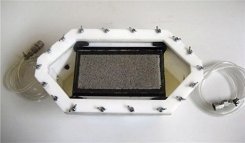Dutch supermarket chain Albert Heijn, which publishes those free, glossy repice magazines you can pick up at their stores, has warned consumers about a major mistake in a recent edition of their magazine, AllerHande.
Some meat and potatoes recipe says that the potatoes should be wrapped in aluminium foil and then put in the microwave. For anyone who does not know, too much aluminium foil in a microwave causes sparks. And if the sparks find something to burn in the microwave, you’ll have a not so cosy fire on your hands. So, yeah, you could risk it, but is it really worth the risk for a few potatoes? Nope.
Another problem with the recipe apparently, is that if you do ‘jackass’ the potatoes, they won’t be cooked since aluminium foil reflects microwaves. It’s stupid advice, no matter how you slice it.
I used to write recipes for a television show in a pre-Google era, and believe you me, the recipes were tested by a professional and changed if necessary. I remember trying to explain to people that cooking yoghurt is not disgusting and that one billion Indians eating fantastic curries, let alone neighbouring countries, can’t be wrong.
Find out more about aluminium foil, as I did.
(Link: vleesmagazine.nl)

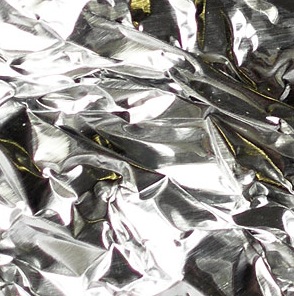
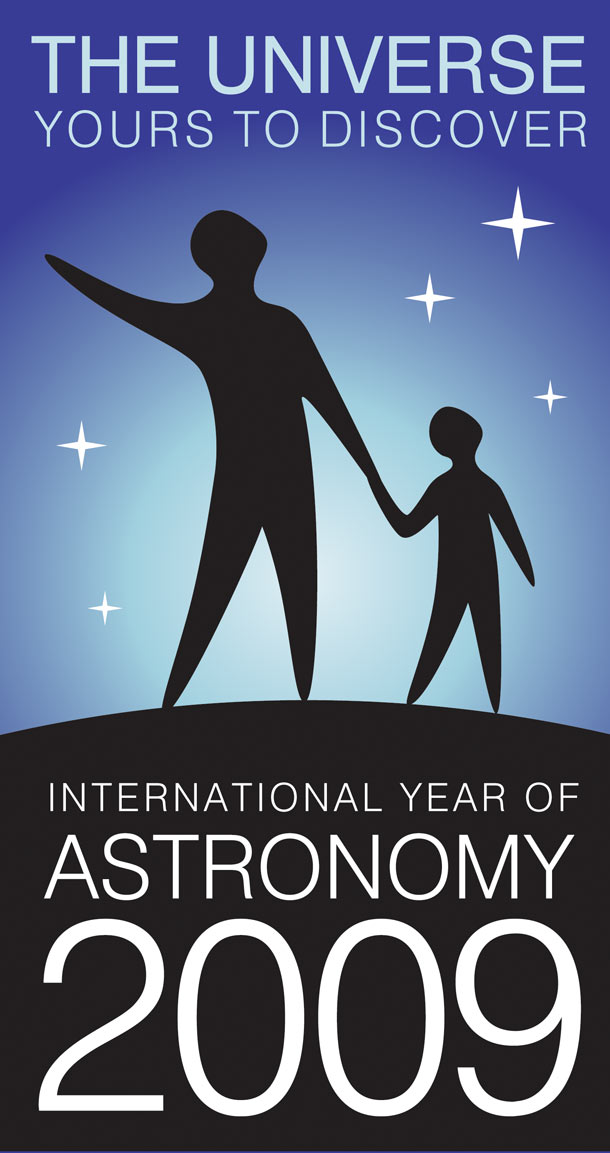
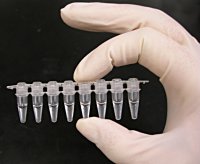 Volkskrant science reporter Hans van Maanen came up with a list of the
Volkskrant science reporter Hans van Maanen came up with a list of the 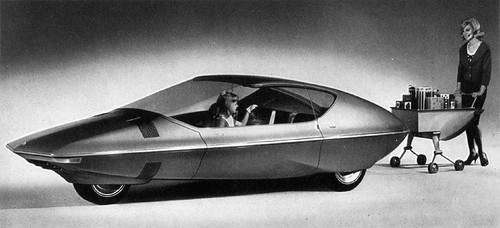

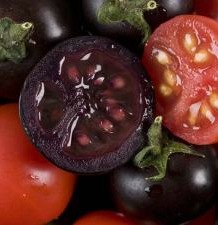
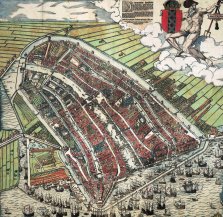 Amsterdam is 200 years older than is commonly assumed, says historical geographer Chris de Bont. The settlement was originally started in 1000 AC instead of 1200 AC, which is still pretty young. De Bont bases his conclusion on the patterns formed by old brooks. “I found the same patterns elsewhere in the region where farmers lived around the time,” De Bont told print daily Metro, “so it’s logical to assume that farmers also created the patterns in Amsterdam.”
Amsterdam is 200 years older than is commonly assumed, says historical geographer Chris de Bont. The settlement was originally started in 1000 AC instead of 1200 AC, which is still pretty young. De Bont bases his conclusion on the patterns formed by old brooks. “I found the same patterns elsewhere in the region where farmers lived around the time,” De Bont told print daily Metro, “so it’s logical to assume that farmers also created the patterns in Amsterdam.”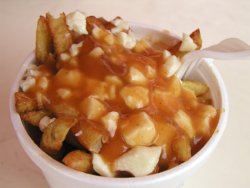
 Engadget writes:
Engadget writes: 